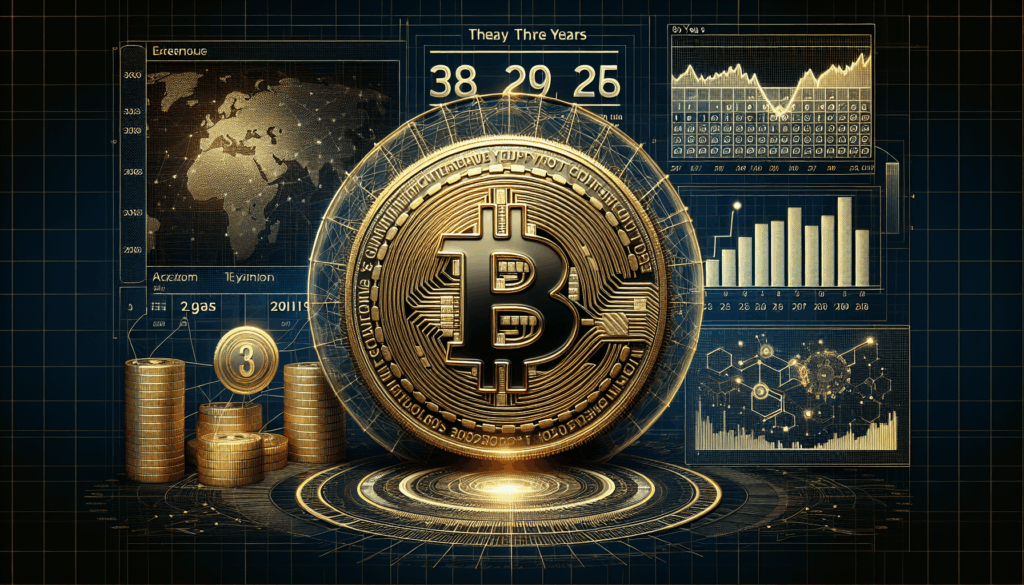Belarusian President Aleksandr Lukashenko has intensified calls for the swift establishment of comprehensive regulations surrounding cryptocurrencies and digital tokens. In remarks disseminated by the state news agency BelTA on September 5, Lukashenko highlighted the delays in finalizing these critical rules, urging regulators to create “transparent rules of the game” to foster a safer environment for both investors and the financial system. He stressed the importance of aligning Belarus with the global wave of crypto adoption while addressing domestic supervisory needs.
According to recent reports from the State Control Committee, there have been alarming violations uncovered in the transaction records of crypto platforms in Belarus. Lukashenko noted that approximately half of the funds transferred abroad by Belarusian investors failed to return, raising concerns about potential losses linked to foreign platforms or regulatory shortcomings. This revelation underscores the necessity for timely legislation to protect local investors from unforeseen complications.
Lukashenko pointed out that technological advancements are outpacing legislation, creating a pressing demand for new legal frameworks to accommodate the evolving digital landscape. He instructed authorities and the Hi-Tech Park — the driving force behind Belarus’ digital economy — to collaborate and ensure that new regulations would bolster confidence among local and international businesses seeking a stable environment.
“Technology is advancing faster than legislation,” said Lukashenko, emphasizing the urgent need for regulatory reform.
Earlier this year, Lukashenko hinted at expanding Belarus’ stance in the crypto space by potentially leveraging the country’s surplus electricity for digital asset mining. He acknowledged that public interest in mining is growing, reflecting a broader global trend where countries like Bhutan and El Salvador are capitalizing on their resources for cryptocurrency mining initiatives.
Belarus was an early adopter of blockchain technology, having introduced significant regulatory frameworks as early as December 2017. The country’s Decree No. 8 enabled the establishment of a favorable environment for digital assets under the Hi-Tech Park, promoting tax exemptions and legal recognition for digital tokens and smart contracts. However, the regulatory landscape still requires enhancement, and Lukashenko’s latest comments signal a sense of urgency to align the existing framework with the rapid advancements in technology.

Belarusian Crypto Regulation and Its Implications
Key points derived from Belarus President Aleksandr Lukashenko’s remarks regarding cryptocurrency regulation:
- Call for Comprehensive Regulation: Lukashenko emphasized the need for finalized rules for cryptocurrencies to protect investors and ensure financial stability.
- Inspecting Crypto Platforms: A report indicated violations in transaction records, with Belarusian investors’ funds often not returning from foreign platforms.
- Regulatory Gaps: Issues in withdrawing funds point to regulatory gaps that could lead to investor losses, raising concerns about the safety of using such platforms.
- Technological Advancement vs. Legislation: The rapid advancement of technology is outpacing legislation, urging the need for new laws to support the digital economy.
- Potential for Crypto Mining: Lukashenko proposed leveraging Belarus’ excess electricity for crypto mining, linking it to global trends in strategic crypto reserves.
- Historical Context: Belarus was an early adopter of blockchain regulations through Decree No. 8, fostering a favorable environment for tech startups within the Hi-Tech Park.
- Tax Incentives: The legal framework includes tax exemptions for digital asset transactions, benefiting both companies and individuals in the Hi-Tech Park.
- Global Positioning: Belarus aims to align regulatory ambitions with technological advancements to maintain competitiveness in the global crypto landscape.
The developments in Belarus’ regulatory environment may impact readers by influencing investment opportunities within the cryptocurrency space and potentially offering a safer, more regulated environment for engaging with digital assets.
Belarus’ Cryptographic Future: Regulatory Urgency and Competitive Landscape
President Aleksandr Lukashenko’s push to finalize regulations for cryptocurrencies and digital tokens in Belarus highlights a critical moment for the nation’s digital economy. As global adoption of cryptocurrencies accelerates, Belarus aims to solidify its position as a forward-thinking player in the crypto space. However, the delay in implementing comprehensive regulations poses significant complications, particularly for investors seeking security in this evolving landscape.
Competitive Advantages: Belarus has established itself as one of the first countries to embrace a regulatory framework that supports digital assets through the Hi-Tech Park initiative. By offering favorable tax conditions, it attracts blockchain startups and tech companies from around the world. In comparison, countries such as Bhutan and El Salvador are also exploring mining capabilities, but Belarus holds a unique advantage with its state-recognized framework that has been in place since 2017. This positions Belarus as a potential hub for innovation and investment in the cryptocurrency market, especially as it seeks to regulate crypto mining, further capitalizing on its surplus electricity.
Disadvantages and Challenges: Despite these initiatives, Lukashenko’s remarks reveal significant challenges. The incomplete regulatory environment is a barrier to trust, as the inspection of crypto platforms unveiled violations and raised concerns about the inability of Belarusian investors to reclaim their funds. Unlike more established markets with stringent regulations, Belarus risks alienating potential investors who may opt for jurisdictions where their investments are better protected. Additionally, the technological advances outpacing legislative responses suggest a looming risk if the regulatory body fails to adapt swiftly enough to the fast-evolving crypto landscape.
Target Beneficiaries: Quality regulations could attract not only local entrepreneurs but also foreign investors looking for stable and secure platforms to operate within. The focus on creating clear operational guidelines aims to reassure businesses that conducting operations in Belarus is safe. Conversely, the delays in regulation could deter those hesitant to invest in a jurisdiction perceived as lagging in legal protections for digital assets.
Potential Problems for Investors: The ongoing ambiguity presents significant risks for current and prospective investors in Belarus. The noted instances of capital flight due to regulatory gaps may lead to an erosion of confidence in Belarusian crypto platforms. As the world watches how Belarus navigates this regulatory landscape, the outcome will likely influence investor sentiment and the country’s competitive edge in the global crypto arena.















